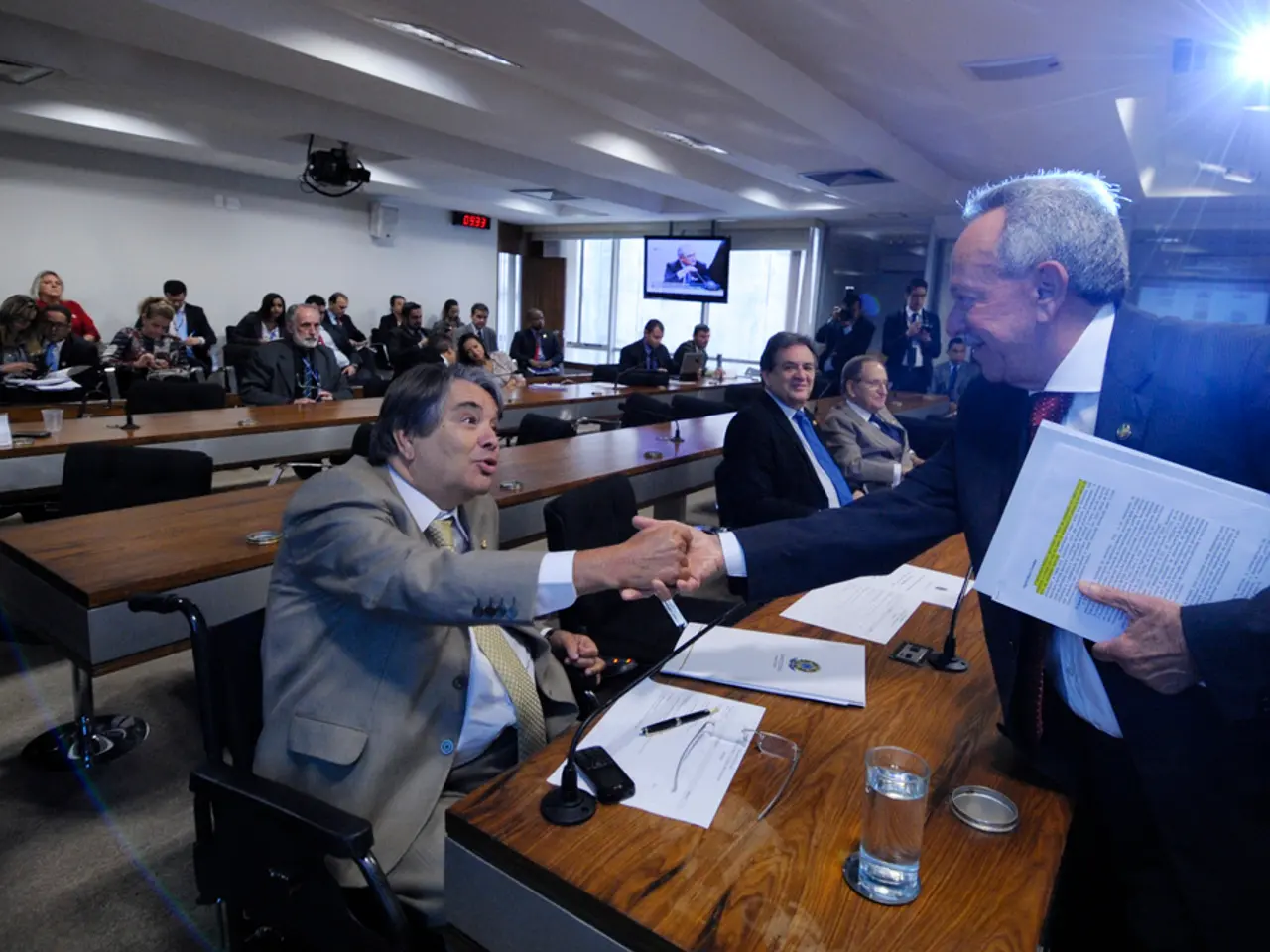The Authority Determining Unallowable Phrases in Broadcast Television
In a world where the boundaries of acceptable content on television are constantly being pushed, the Federal Communications Commission (FCC) has taken a unique approach to regulating indecency on cable and internet TV compared to broadcast TV.
Broadcast television, which includes over-the-air channels, is subject to FCC indecency restrictions during certain hours, particularly between 6 a.m. and 10 p.m., when children are likely to be in the audience. The FCC's policy prohibits content that depicts or describes sexual or excretory organs or activities in a manner that is "patently offensive" according to contemporary community standards. However, recent Supreme Court decisions have questioned the FCC's approach, with courts challenging its sanctioning of fleeting expletives as constitutionally vague and potentially violating free speech rights.
On the other hand, cable TV and internet streaming platforms are generally not subject to the FCC's indecency regulations in the same way as broadcast TV. This is because the First Amendment provides stronger free speech protections for these platforms, and consumers actively choose to subscribe to services where adult content may be accessible. As a result, cable channels and internet streaming services have wide latitude to carry content that might be considered indecent or profane on broadcast TV without risk of FCC sanctions.
However, certain children's protection rules, such as the Children's Television Act, may still apply on cable. Moreover, ongoing debate and regulatory reform efforts aim to update outdated policies designed for traditional broadcast TV, which do not translate well to cable and internet platforms.
Recent developments have seen the FCC face pressure and legal challenges to narrow or eliminate its indecency and profanity restrictions to better align with First Amendment principles and modern media realities. The Supreme Court's decision did not rule that "fleeting expletives" should be allowable, but rather criticized the FCC for failing to adequately advise broadcasters of its tightened standards.
In conclusion, the FCC's indecency regulations currently apply only to broadcast television and do not regulate indecent content on cable or internet TV, where free speech protections are stronger and consumer choice is a significant factor. This leaves both broadcast networks and television viewers wondering about the standards for indecent content, and raises questions about the role of self-regulation in cable television. New York Times reporter Edward Wyatt has even questioned if parents should cover their children's ears during live awards shows, or if broadcasters will censor indecent content.
The FCC's policies regarding indecency on cable and internet TV differ significantly from those on broadcast TV, due to stronger free speech protections and consumer choice. However, debates and regulatory reform efforts persist, aiming to update policies for traditional broadcast TV and adapt them to modern cable and internet TV platforms.







